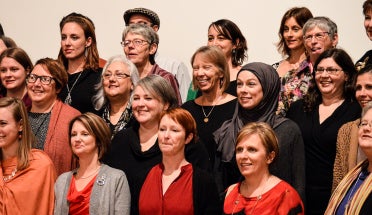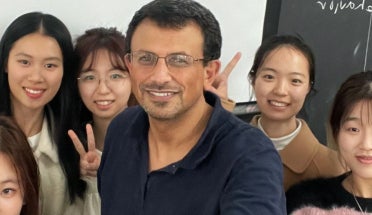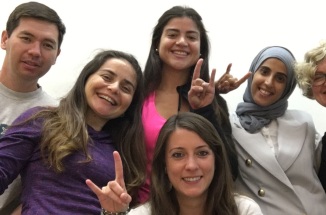
Teacher Feature: Christine McCourt, English Language Center Instructor
- Nov 15, 2022
- English Language Center
- by Ellen Stader
[Editor's Note: This story is part of a Texas Global series celebrating the work of faculty members in the English Language Center at The University of Texas at Austin.]
The English Language Center (ELC) at The University of Texas at Austin offers comprehensive language learning, often customizing courses for groups from diverse backgrounds and with disparate needs. This breadth of knowledge and attention to detail are aspects that set the ELC apart from other English as a Second Language (ESL) programs. Another outstanding element is its exceptional faculty — among whom is Christine McCourt.
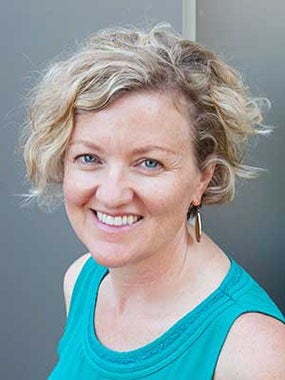
She loves working with international students, which she’s done for nearly 30 years while teaching ESL in the United States and Korea. At the ELC, McCourt has worked as a classroom teacher, instructing language students across all skill areas and levels.
She’s also worked as coordinator for the SABIC Foundation Year program and multiple graduate courses and served as assistant director. With an M.A. in foreign language education from UT Austin and a specialization in oral communication skills, she especially enjoys teaching pronunciation.
How long have you been teaching at the English Language Center at UT Austin, and how did you first become a teacher there?
I got my job at the English Language Center the old-fashioned way. When I decided to move to Austin, I sent my paper résumé by U.S. mail to the ELC director [at the time], Carol King. She called me and invited me to come for an interview in the summer of 1994. One person, one opportunity can change your life. I’ve now been working at the ELC for 24 years (1994-1999 and 2004-present).
You’ve taught many types of classes to groups within the ELC. How do you prepare to offer each group the specific focus and type of instruction it needs?
When we teach students to write, we tell them that they first need to consider 3 points: audience, purpose, and organization. The same is true of teaching. First, you need to take the time to get to know your audience: your students. Who are they? What are their interests?
Second, your purpose might be to teach them reading, writing, or grammar, but you also need to know what their purpose for learning the language is. Finally, once you understand who your students are and what their purposes are, then you can organize more effective lessons that will meet the stated course goals in more interesting and effective ways for that particular group.
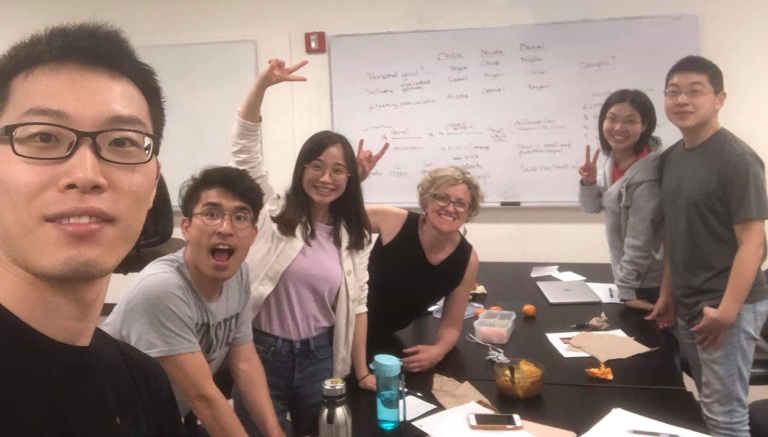
You’ve also occupied many different leadership positions at the ELC. Can you characterize the ways you were able to benefit students from those positions?
Every job and every position I’ve held in life has helped me in my other jobs and positions, whether it was waiting tables during the graveyard shift at IHOP or working as a mobile DJ. I owe a debt of gratitude to my first director, Carol King, and my current director, Mike Smith, who encouraged me and gave me opportunities to take on other positions at the ELC.
When you gain administrative experience outside of the classroom, you better understand the big picture of how your class fits into the program and how the program fits into the unit and the unit into the university. You learn about the application process, placement testing, housing, handling student life issues, payment, ordering books, and health insurance. Knowing more about the various administrative parts helped me to better understand what our students deal with outside of the classroom and better able to help them in those areas.
From this diversity of perspectives, what have you learned during 20 years of teaching ESL that you didn’t know when you started?
Some things become easier over time, like giving presentations to colleagues and planning lessons. Other things never become easier, like making yourself sit down to read a stack of essays.
What is your best teaching memory?
One of my favorite memories is of a student from Mexico in my Academic English Program Reading course. Every time we checked a quiz or homework together in class, he would exclaim, “Hooray!” or “Woohoo!” or “Oh, nooooo!” depending on whether he got the answer correct or not.
Those students were both hardworking and hilarious. One day, when I entered the classroom, I found them dancing on the tables. When great enthusiasm and humor are brought into the classroom, there’s no limit to what a group of students can learn and accomplish.
What do you wish more people understood about learning a language?
Having a reason to learn is key. Finding something that you connect to or love about the language or culture that you’re learning about will help you to be a better learner.
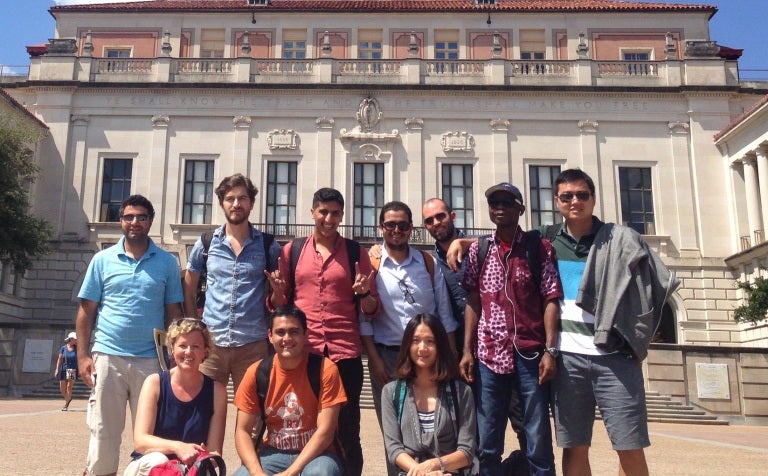
What has motivated you the most over the years?
The students. I never stop learning new things from them. They give me such hope for the future of the world.
Anything else you’d like us to know?
Have I been “successful”? I know I may not have earned as much money as many of my friends, but I’ve been interested in my work every day, I believe what I do is valuable, and I like who I work with. I’m satisfied.

